Navigating the vast and complex landscape of China requires more than just a physical map; it demands an understanding of the country's rich cartographic history and the variety of maps that have been developed over millennia. "A Comprehensive Guide to Chinese Maps" embarks on an exploratory journey through China's cartographic evolution, from the earliest bamboo and silk maps to the cutting-edge digital maps of the modern era. This guide delves into the intricacies of Chinese map-making techniques, highlighting the significant contributions of ancient cartographers and the influence of Chinese culture and philosophy on the art and science of mapping. It offers readers a unique lens through which to view the geographical, political, and technological changes that have shaped China and its representation on paper and screen.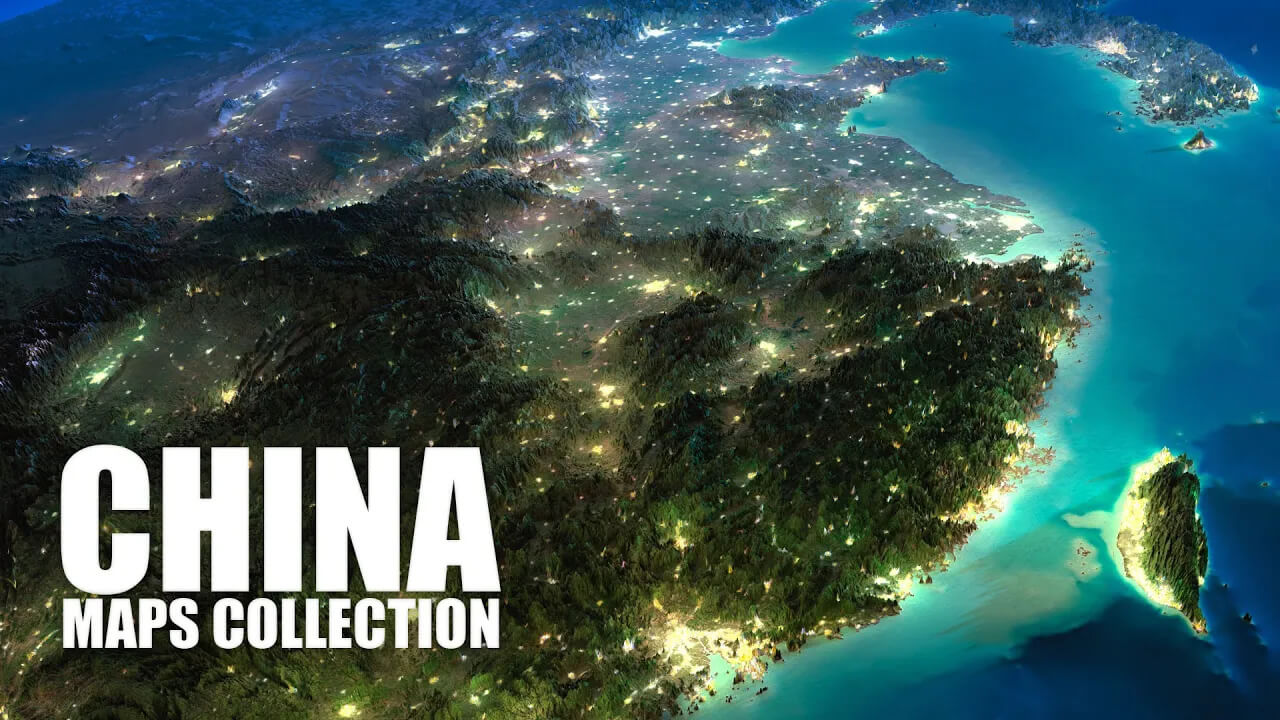
Beyond the historical perspective, this guide also serves as a practical resource for contemporary explorers of China. It examines the various types of maps available to travelers, researchers, and enthusiasts alike, including topographical, road, and thematic maps that detail everything from the majestic mountains and rivers to the sprawling urban centers. Special attention is given to the role of digital mapping technologies and Geographic Information Systems (GIS) in understanding China's geography and planning journeys within its borders. "A Comprehensive Guide to Chinese Maps" not only educates its readers on the evolution of Chinese cartography but also equips them with the knowledge to navigate China's diverse and dynamic landscapes with confidence and curiosity.
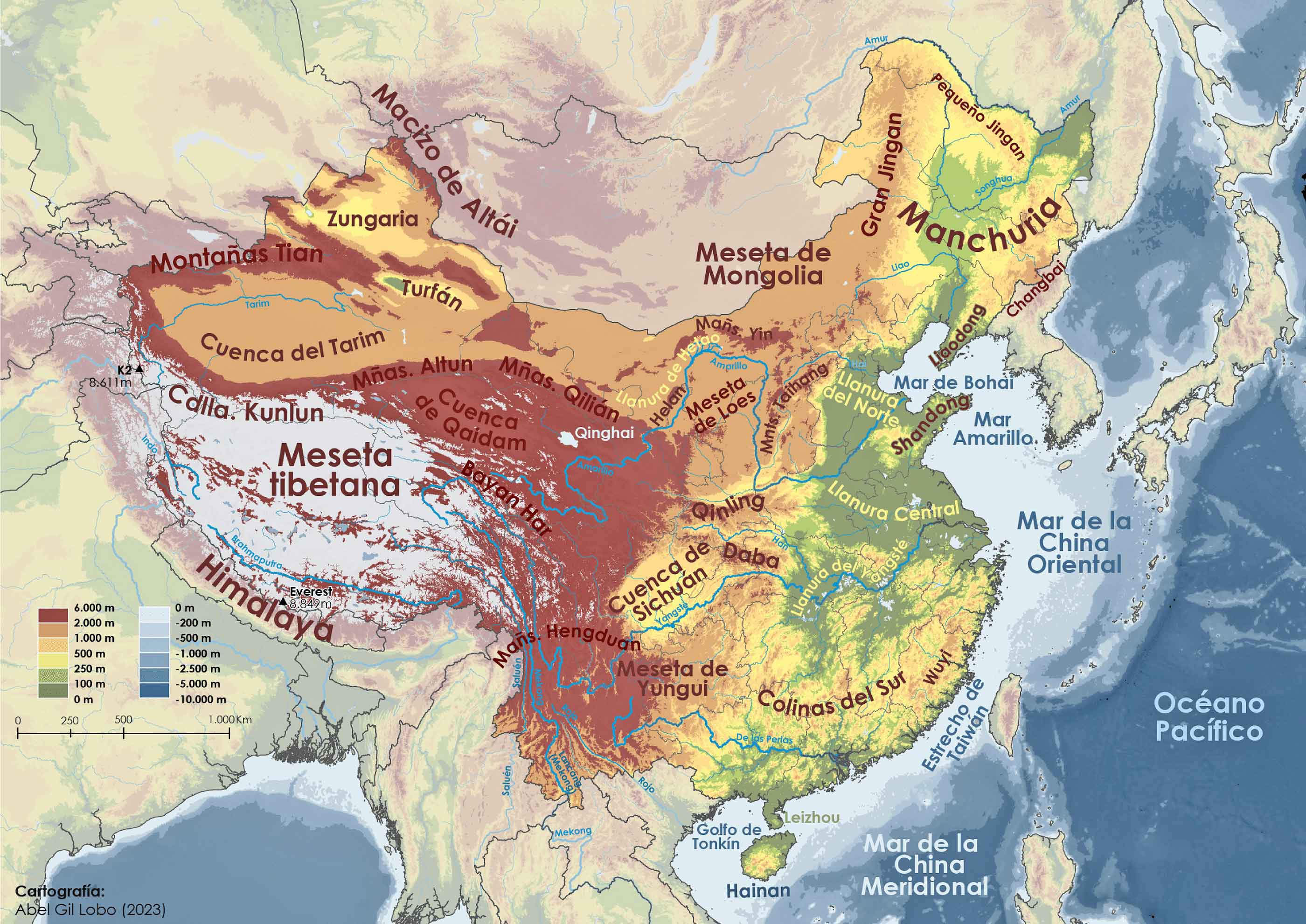
A physical map of China reveals the country's natural landscape. It highlights major geographical features like the Himalayan mountain range, the Gobi Desert, and the Yangtze River. This type of map is essential for understanding the physical geography and natural beauty of China.
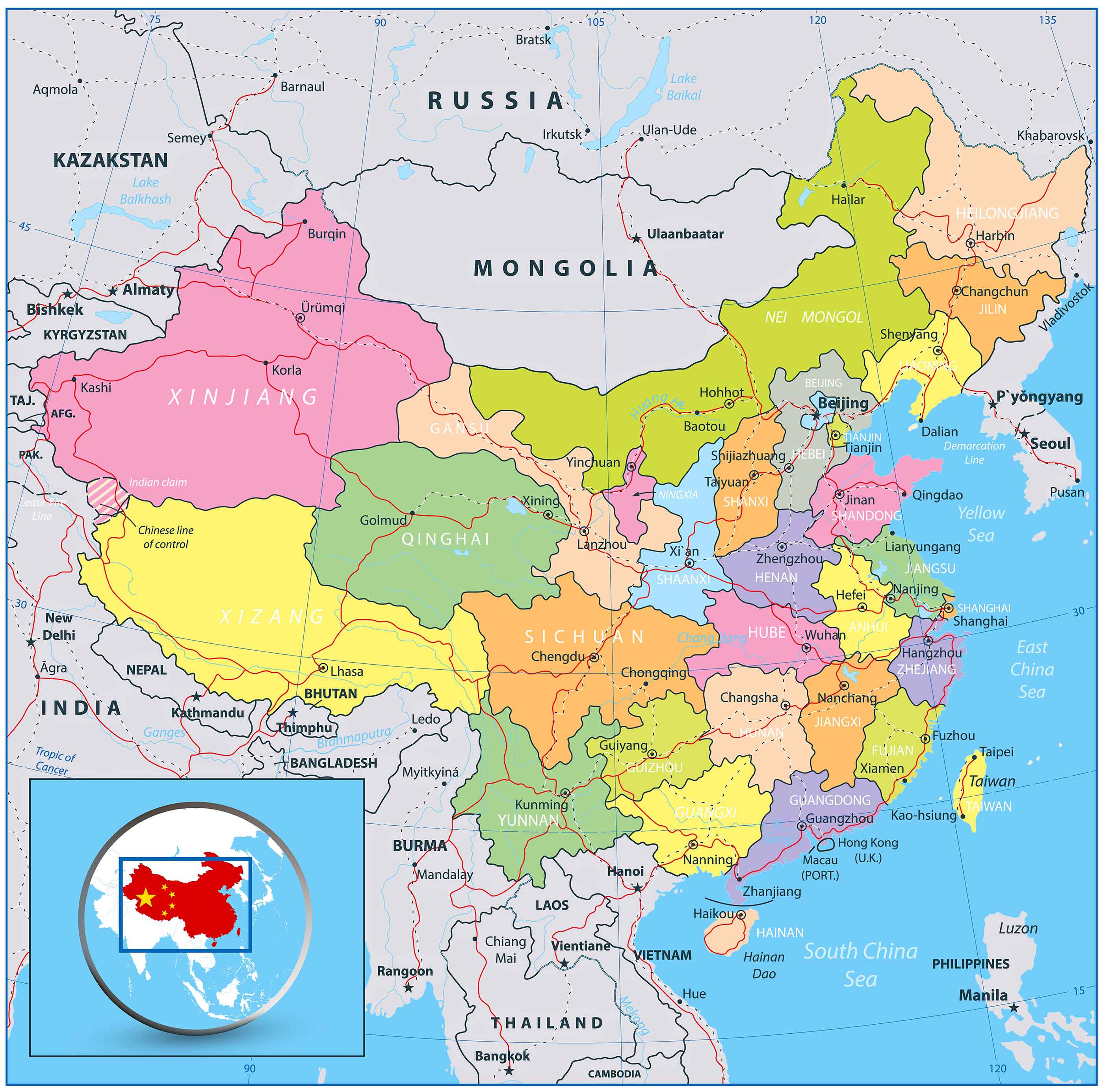
Political maps showcase the territorial boundaries of China. They display provinces, major cities, and neighboring countries, offering insight into China's political landscape and its place in the international community.
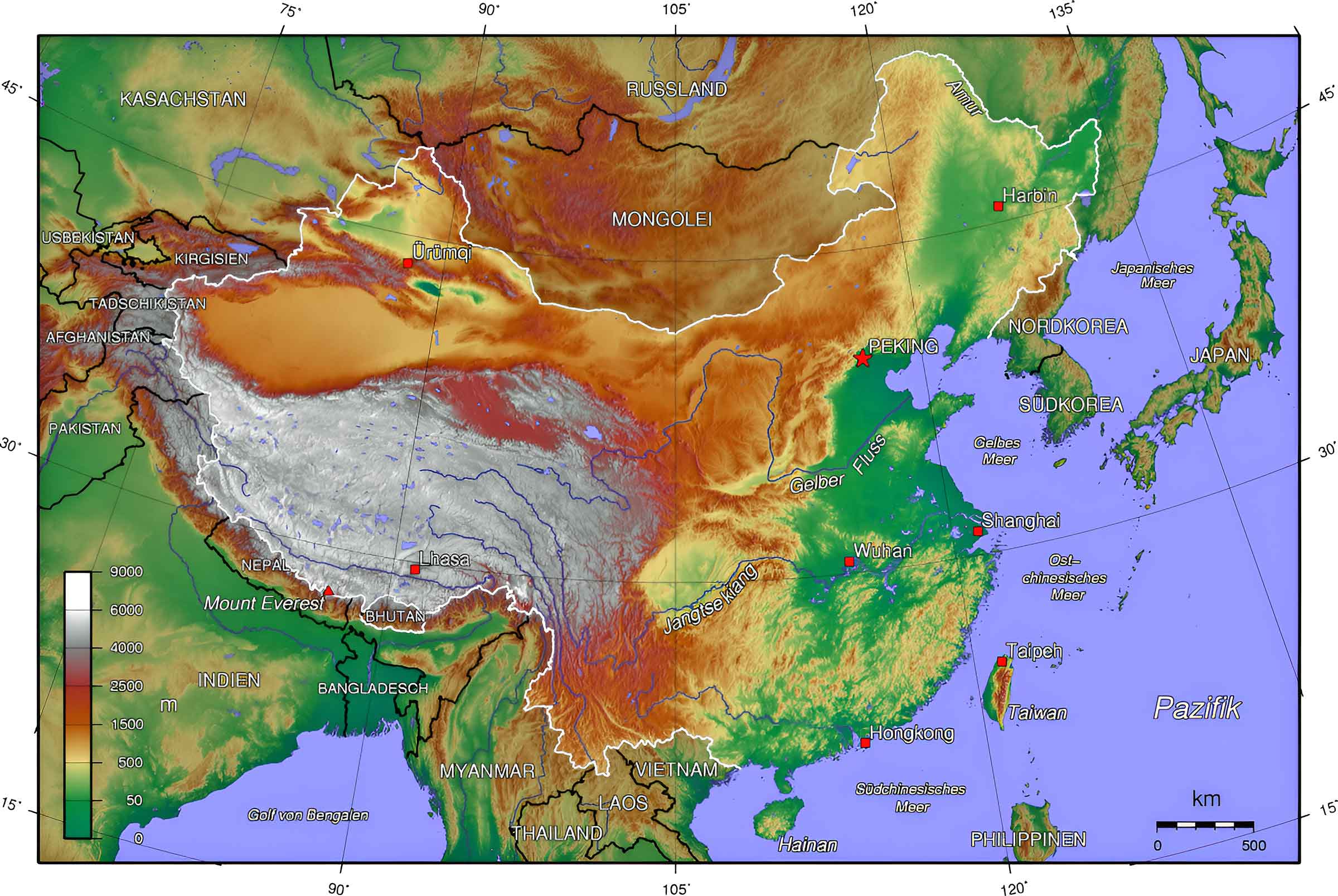
Topographic maps of China depict the country's terrain, showing elevation changes with contour lines. These maps are particularly useful for understanding the varying elevations, from the Tibetan Plateau to the coastal plains.
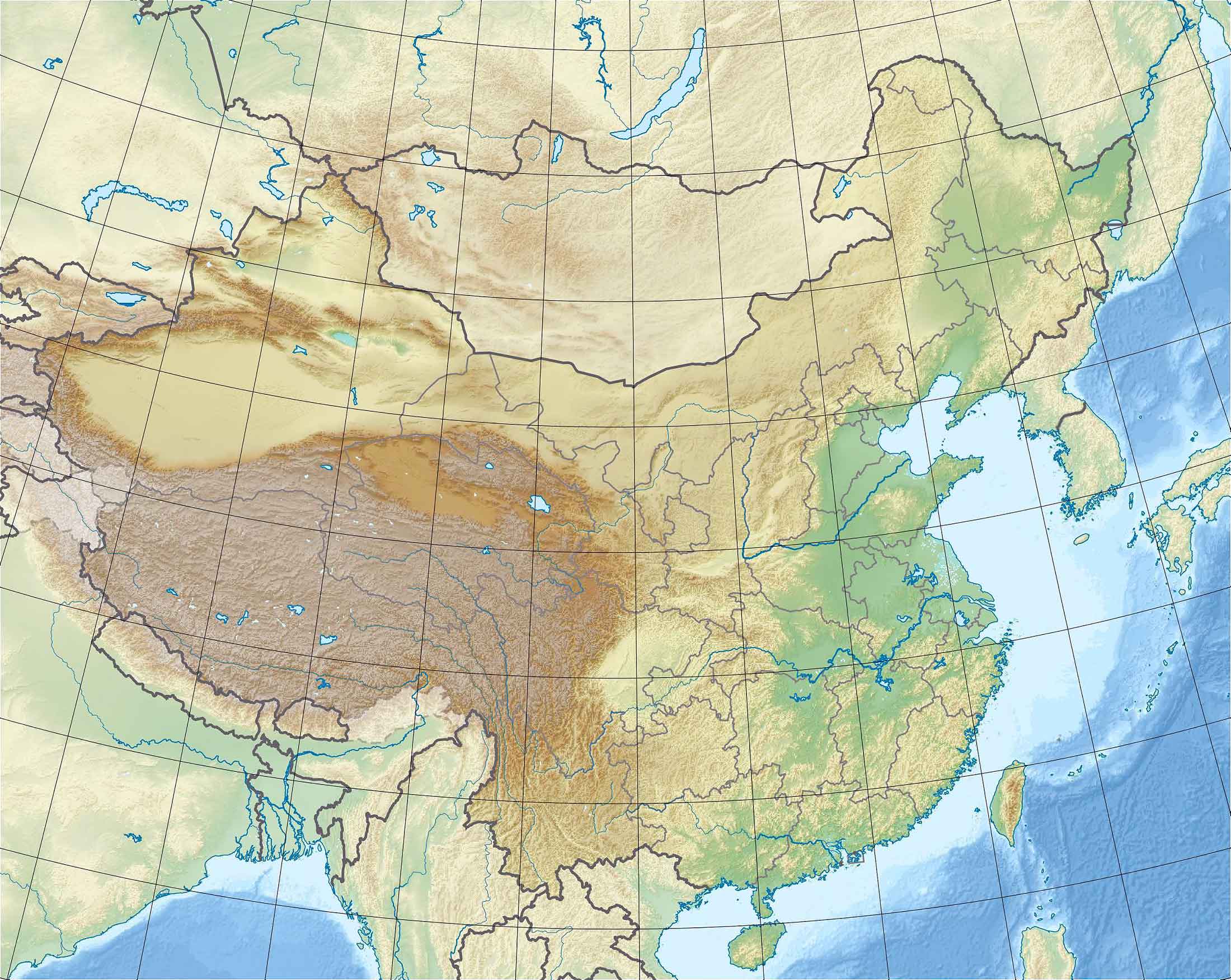
Relief maps bring a 3D aspect to topography, illustrating China's terrain with shadows and color gradients. These maps are especially useful for visualizing mountainous areas like the Himalayas and the Karakoram Range.
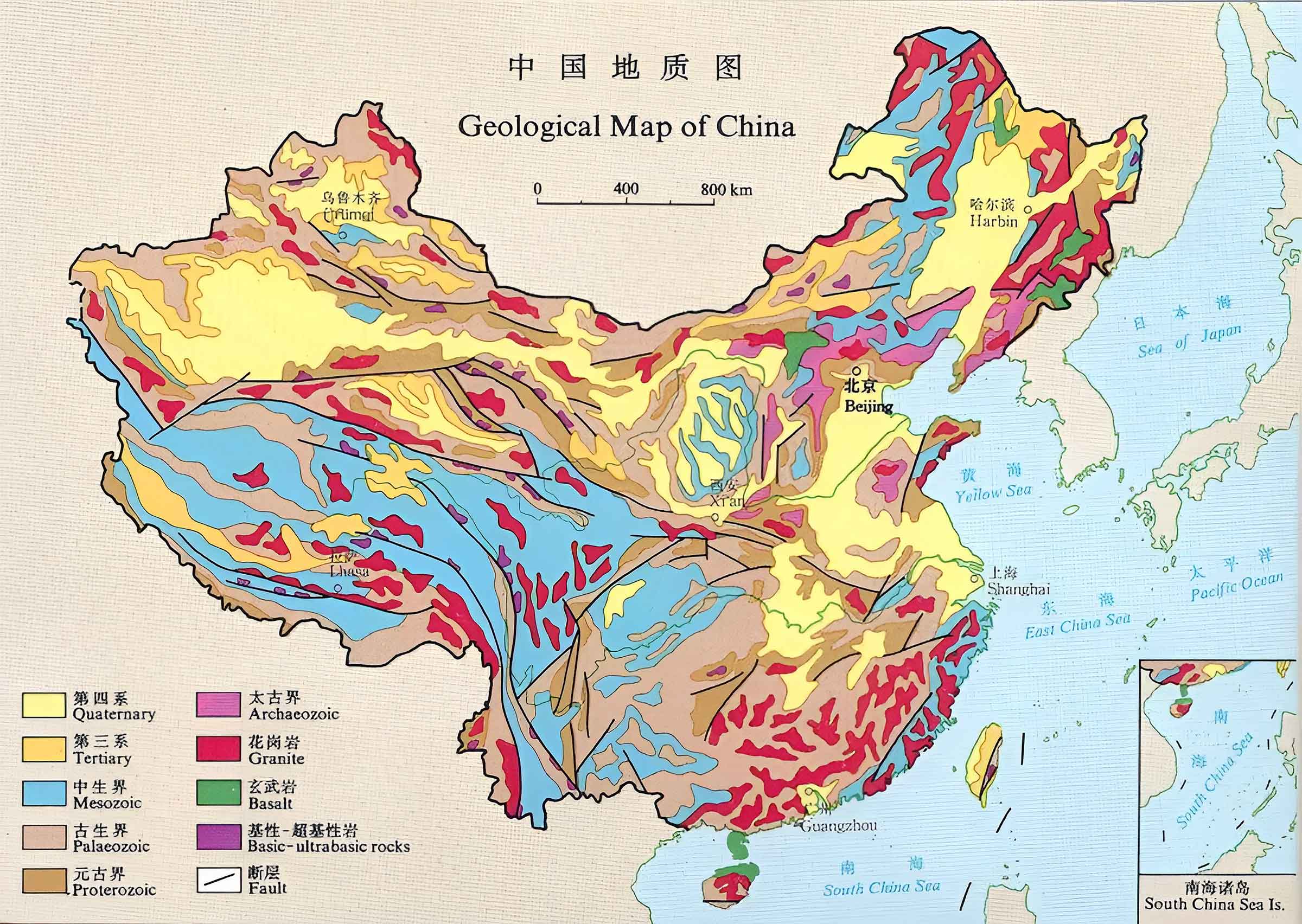
Geological maps offer a glimpse into China's rich natural resources and geological history. They display the types of rocks and earth found throughout the country, important for studies in natural resources and seismology.
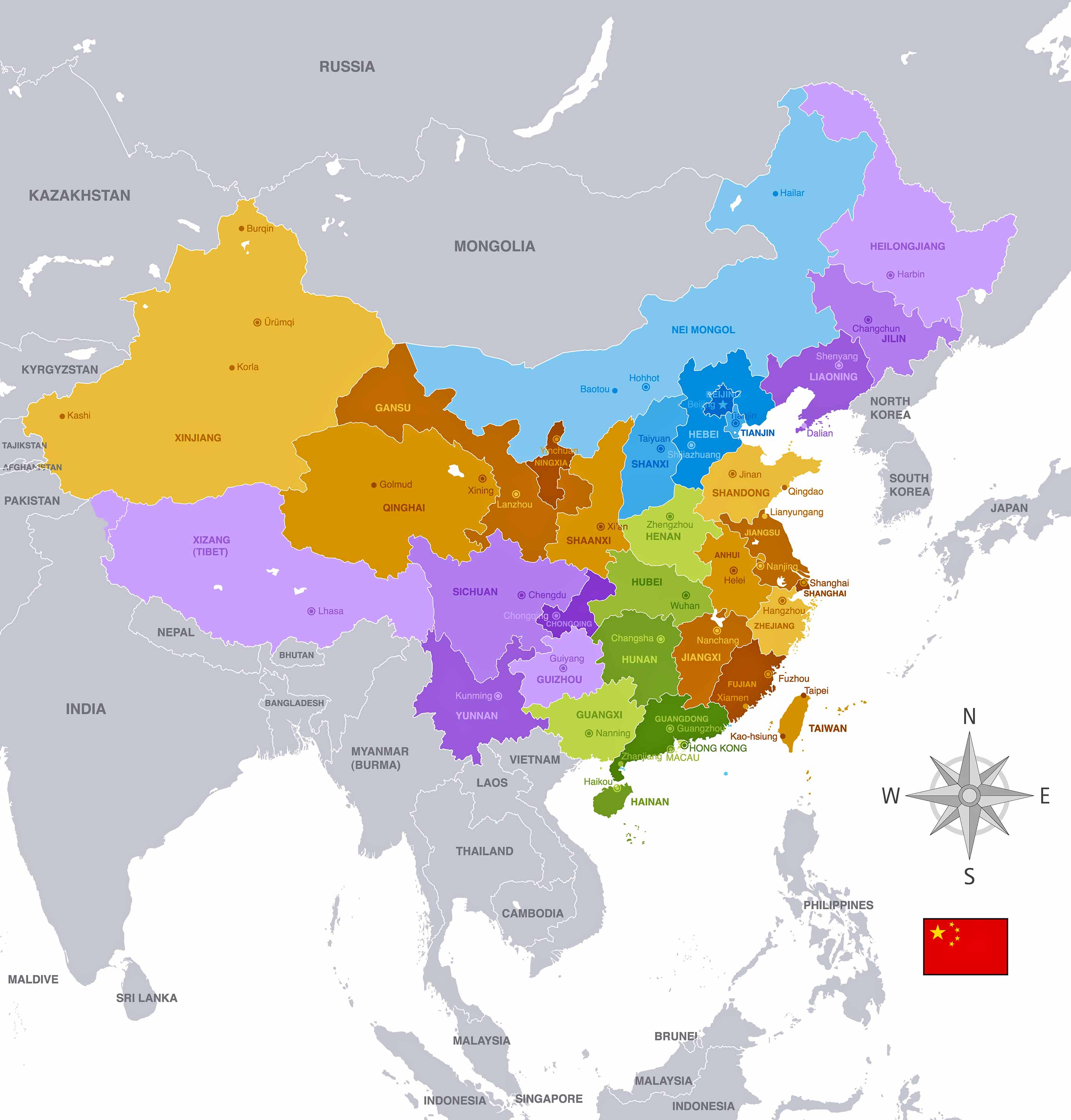
Urban maps of cities like Beijing, Shanghai, and Guangzhou provide detailed views of streets, landmarks, and urban planning. These maps are invaluable for understanding the layout and infrastructure of China's bustling metropolises.
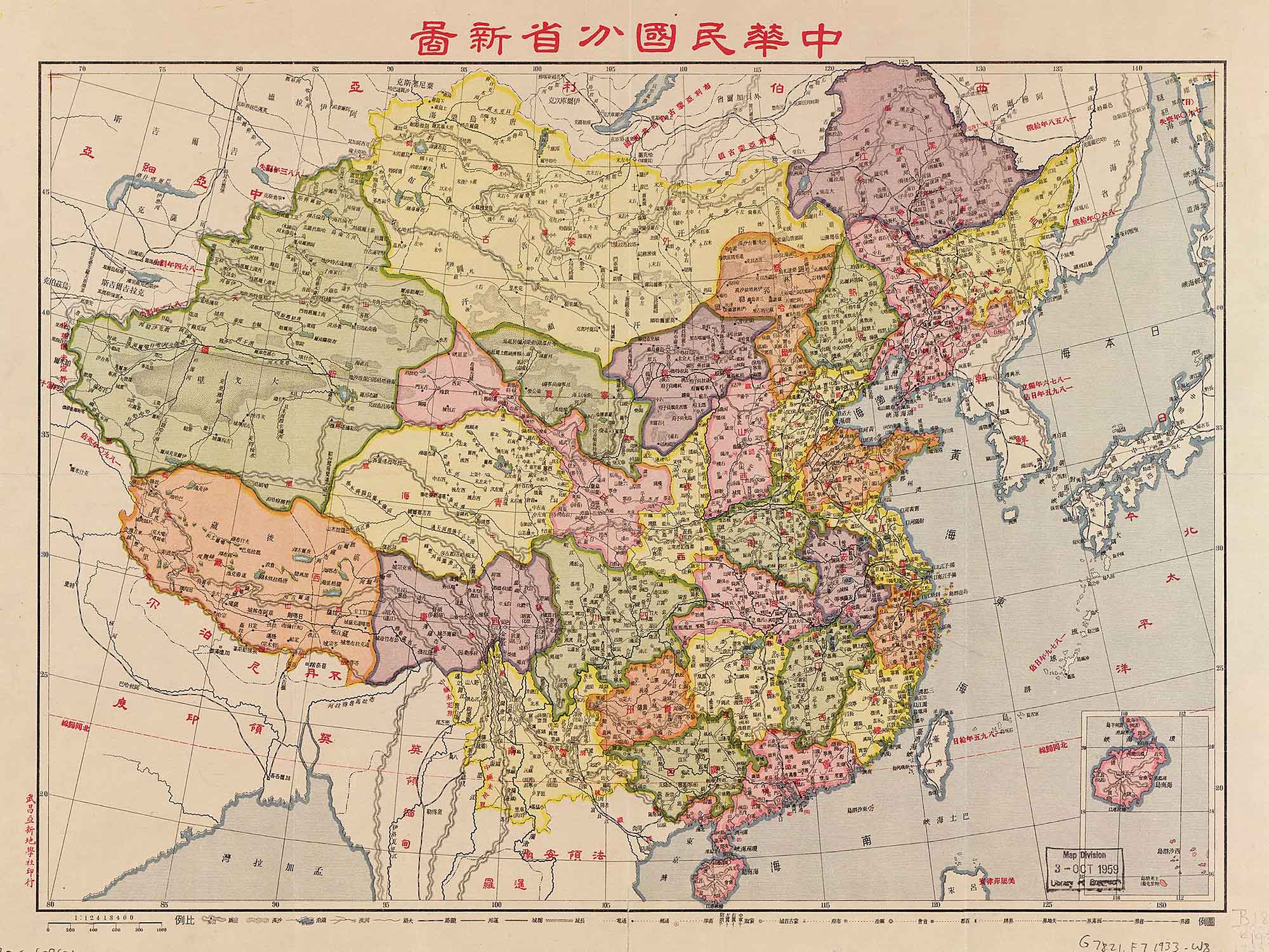
Historical maps of China tell the story of the nation's evolution over centuries. They trace the boundaries of ancient dynasties, historic trade routes like the Silk Road, and significant historical events.
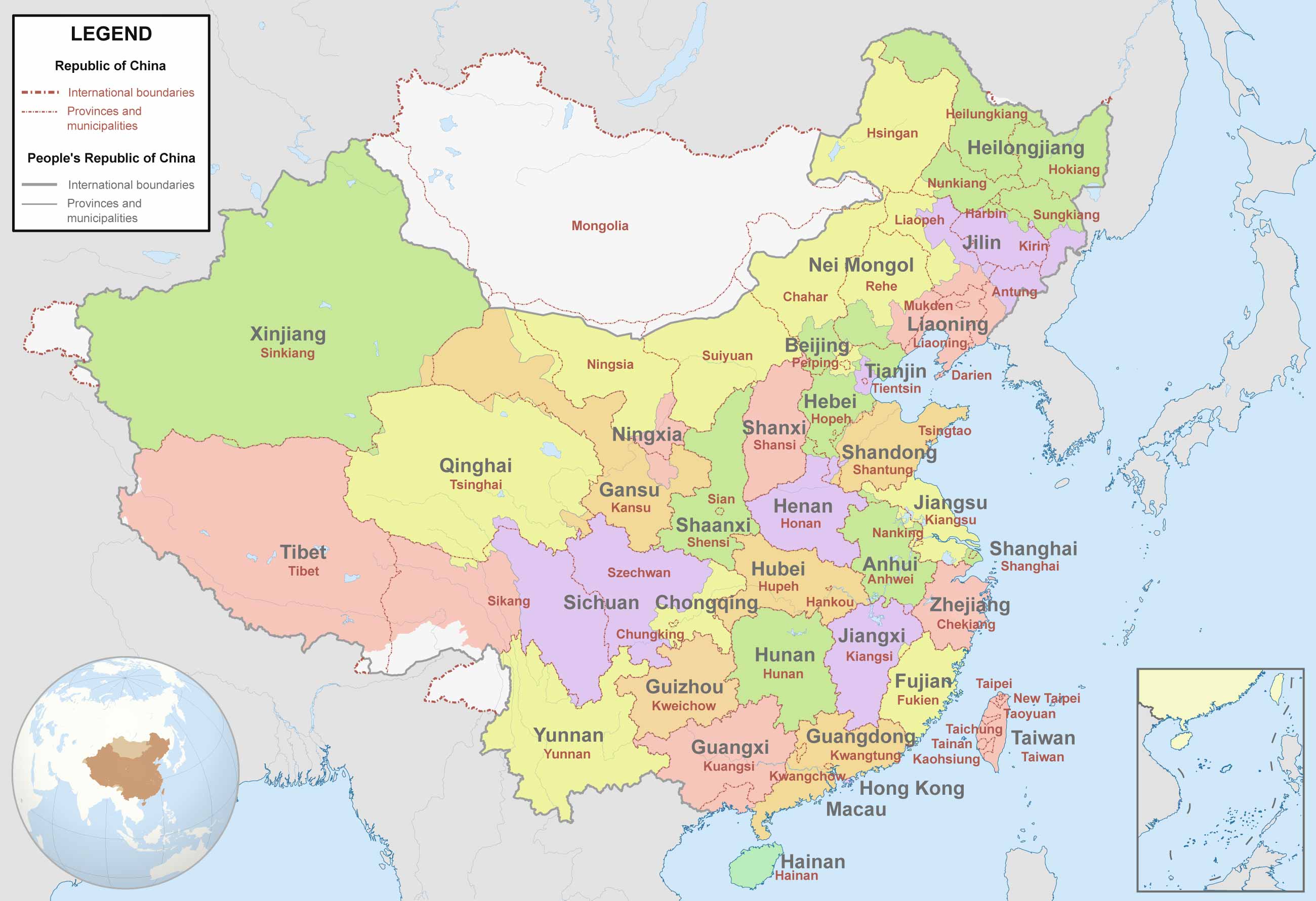
Regions maps break down China into its various geographical and cultural regions, each with its own unique characteristics and identity, from the Manchurian plains to the southern tropical zones.
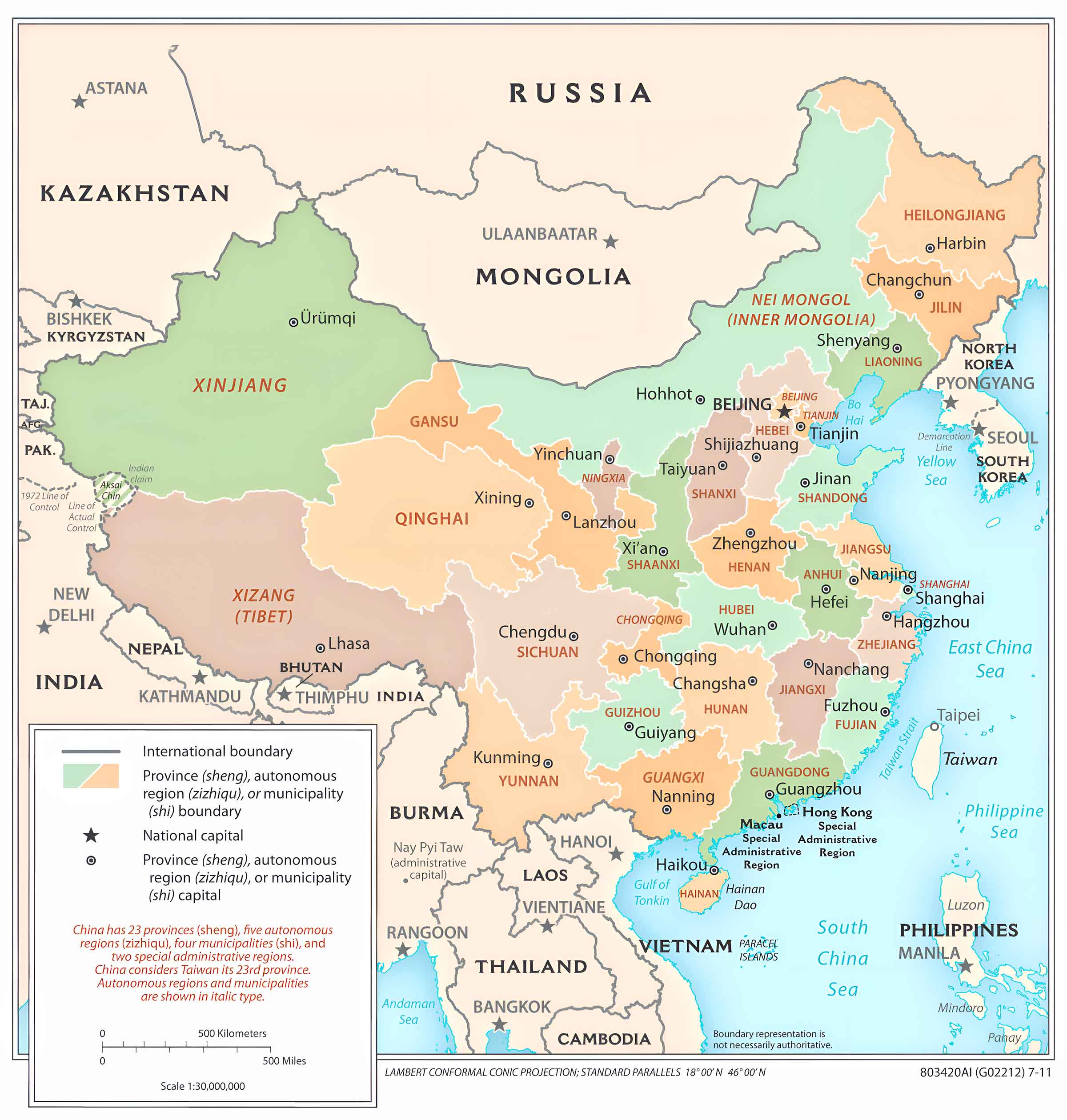
These maps detail China's administrative structure, illustrating provinces, autonomous regions, and special administrative regions like Hong Kong and Macau.
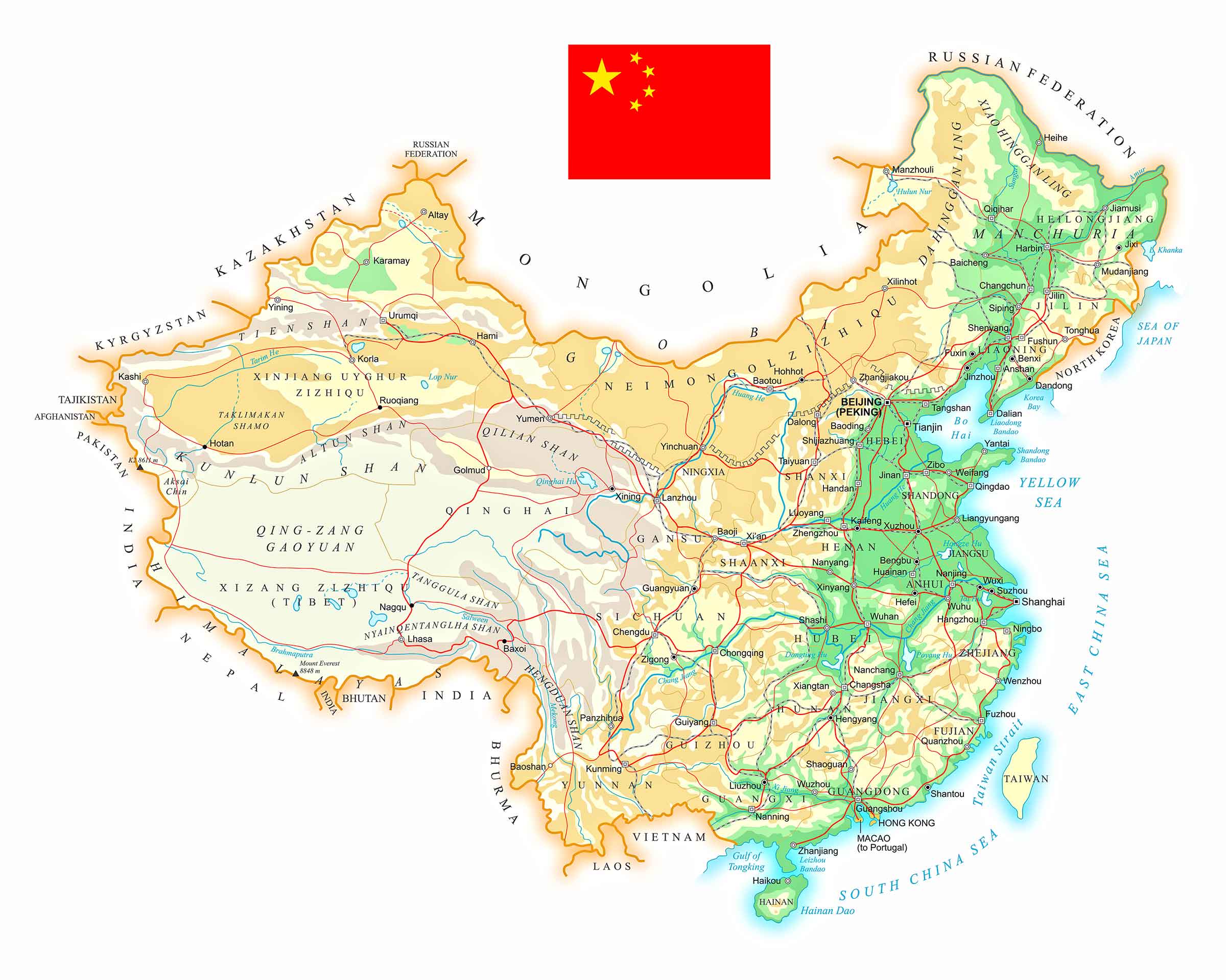
Transit maps, particularly those of larger cities, show the complexity and extent of China's public transportation system, including subways, bus routes, and other forms of public transit.
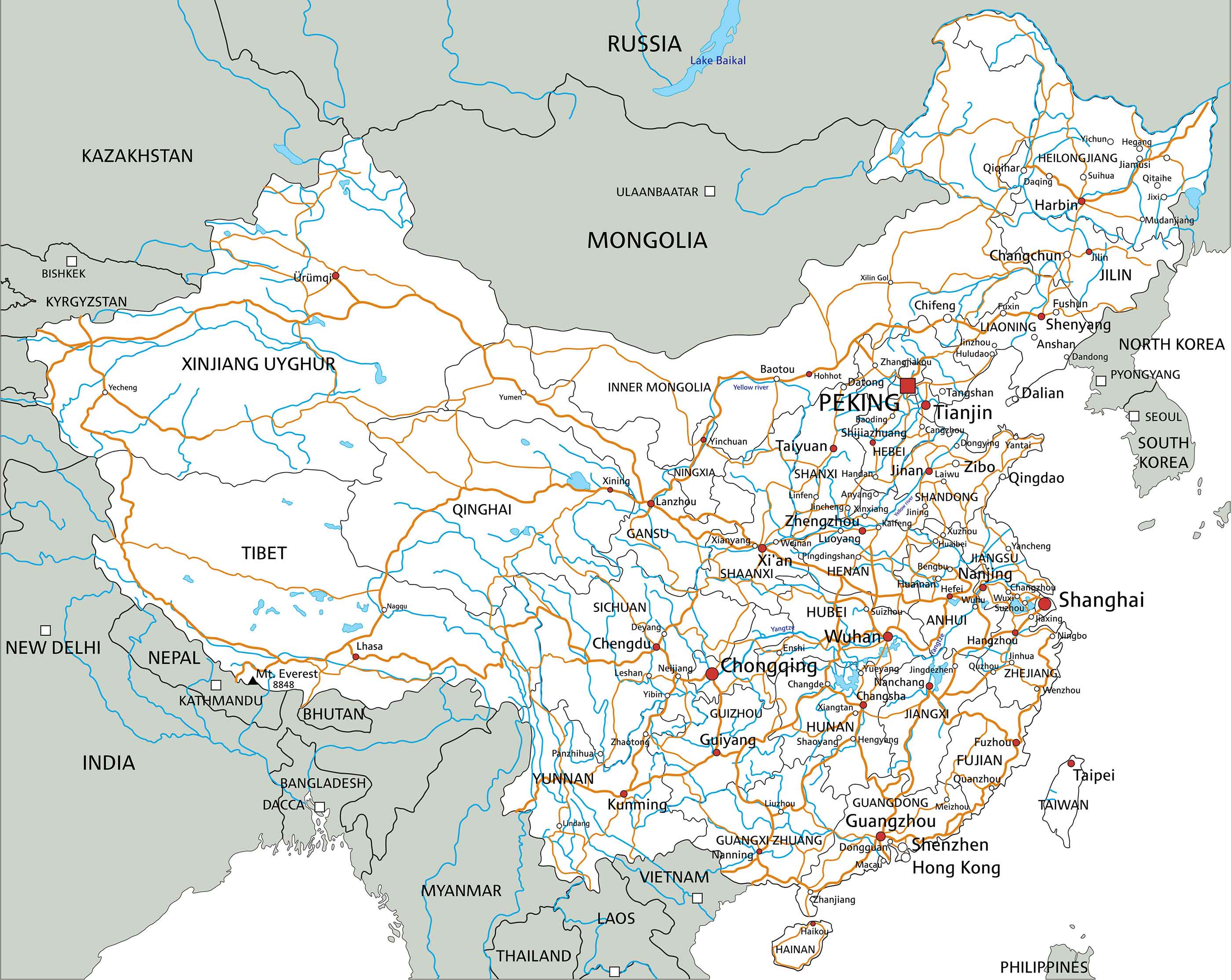
Road maps are essential for navigation, displaying highways, national roads, and local routes, connecting major cities and remote areas across China.
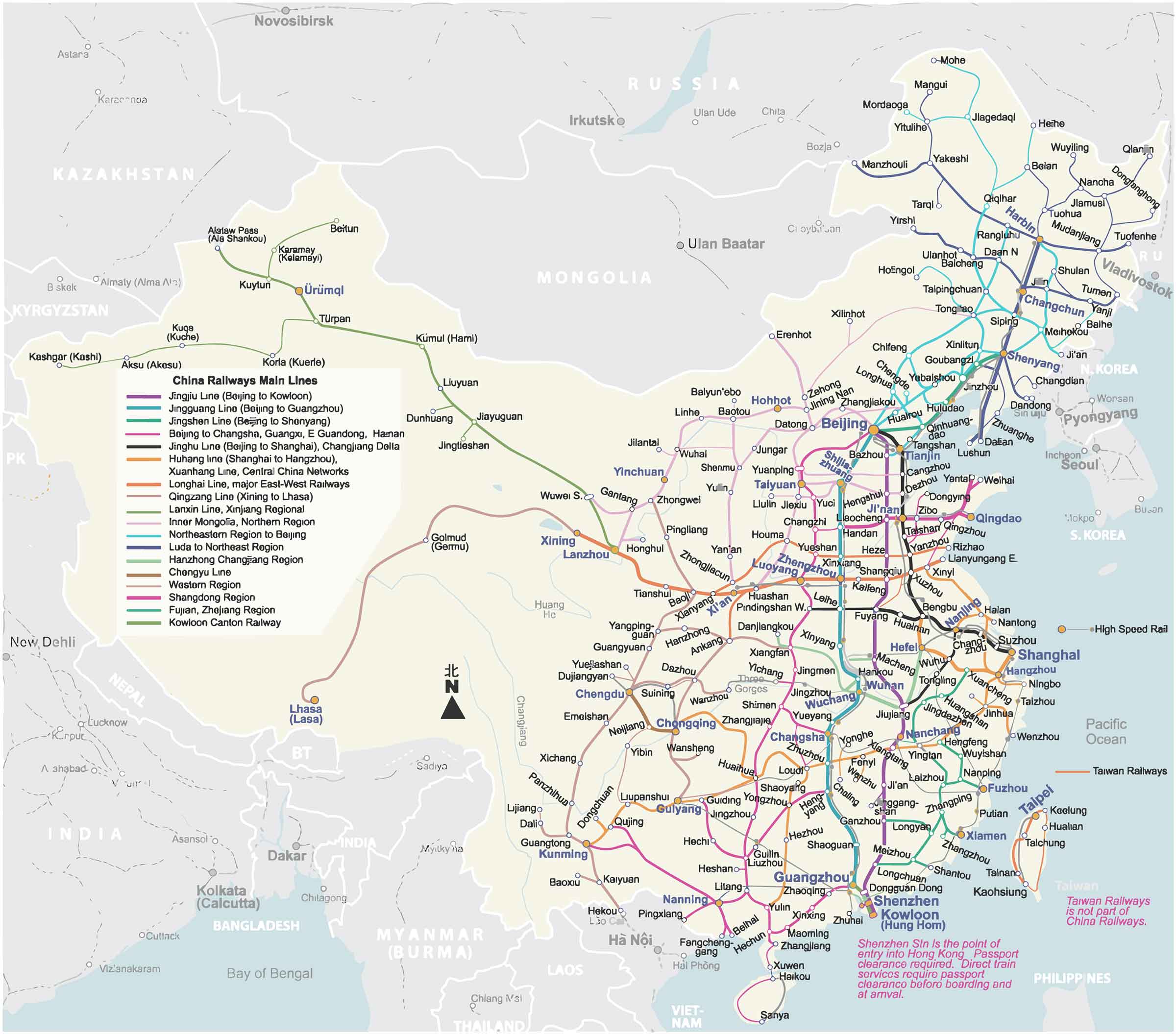
China's extensive railway network is best understood through a train-railway map, highlighting high-speed train routes, traditional rail lines, and the connectivity between different regions.
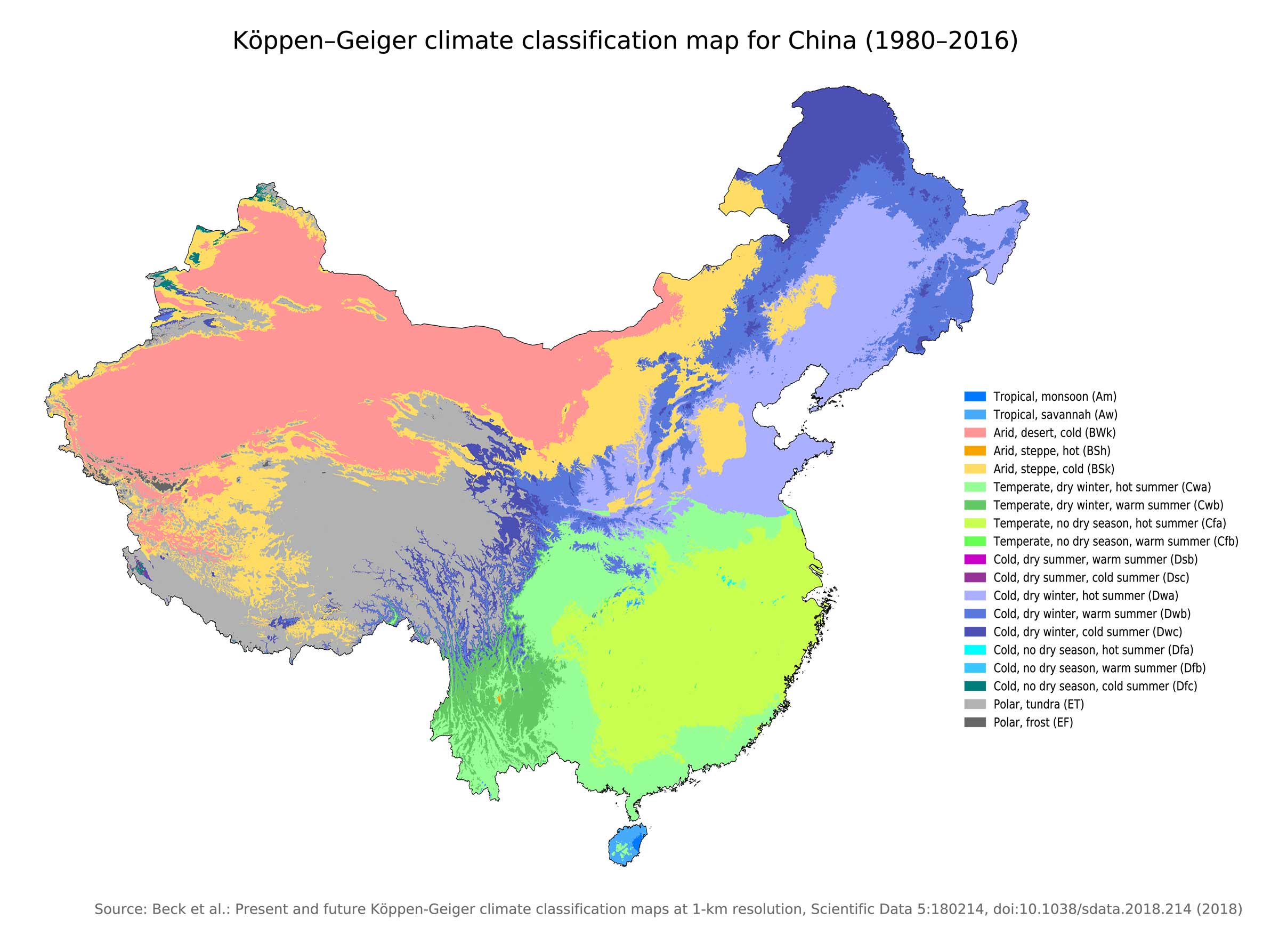
Climatic maps of China illustrate the varied climates across the country, from the arid deserts in the northwest to the subtropical zones in the southeast.
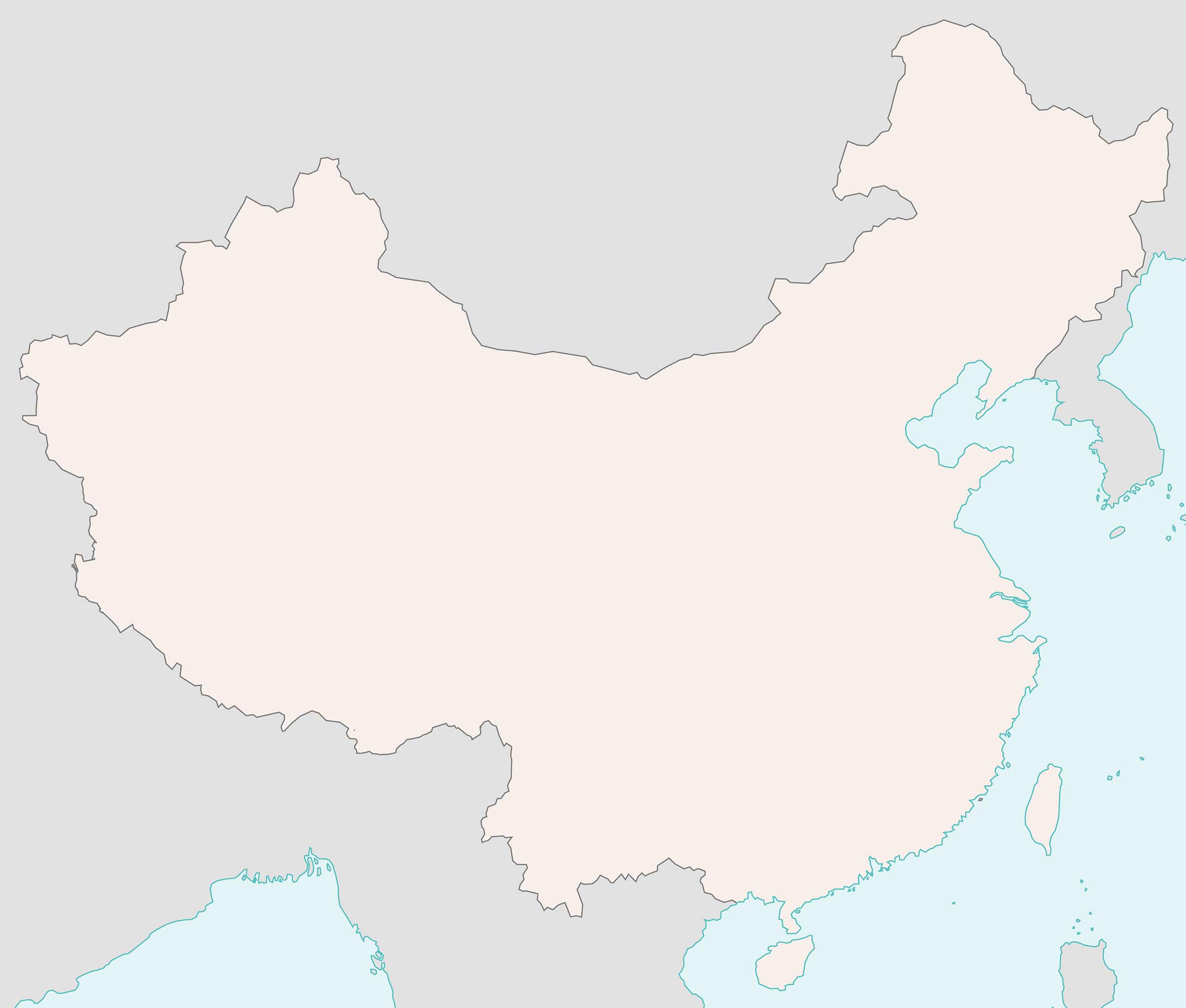
A blank map of China serves as a template for educational purposes or for creating customized maps.

Flag maps merge the national flag with the map of China, symbolizing national pride and identity.
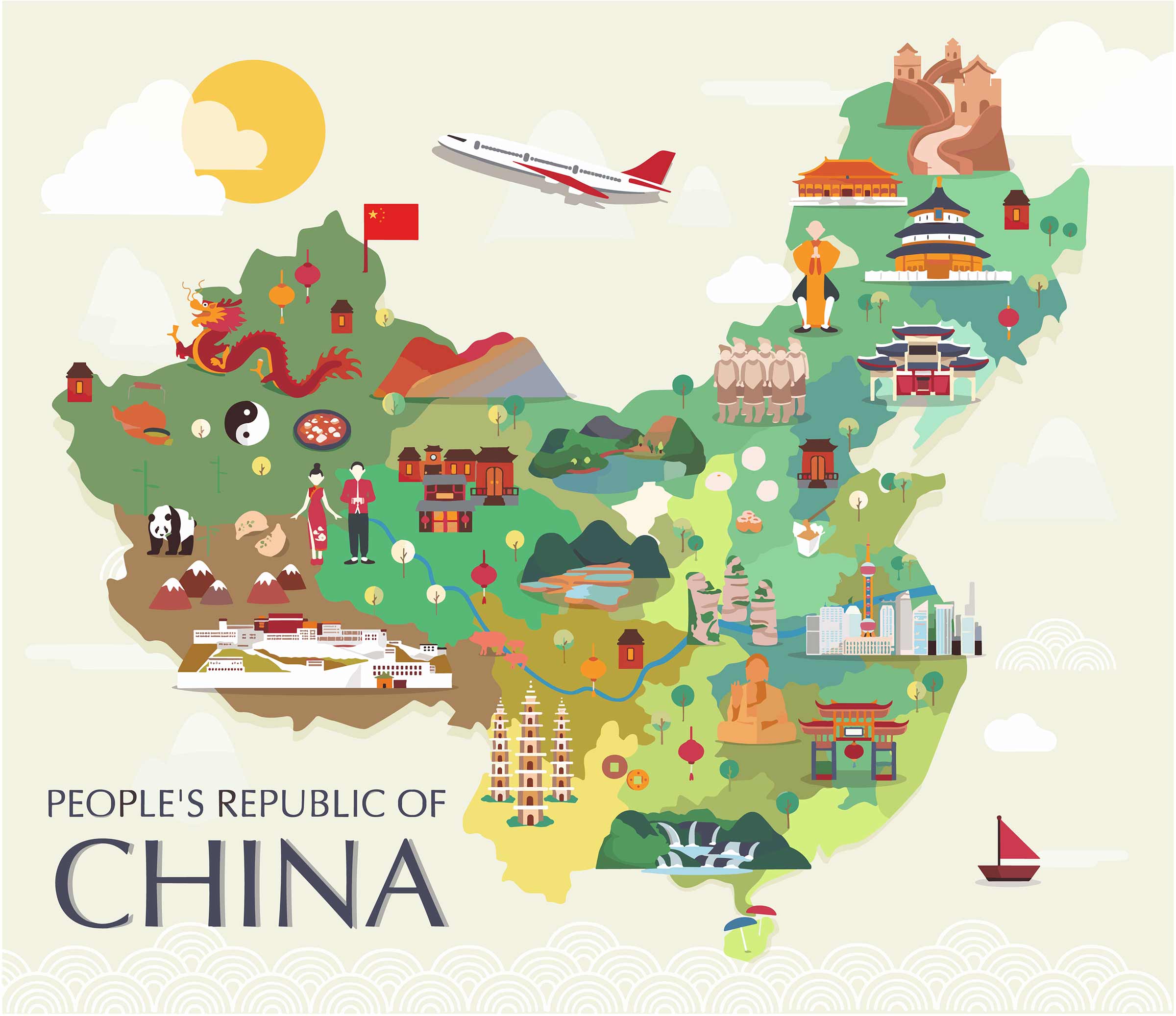
These maps highlight China's key tourist attractions, travel routes, and destinations, essential for any traveler exploring this vast country.
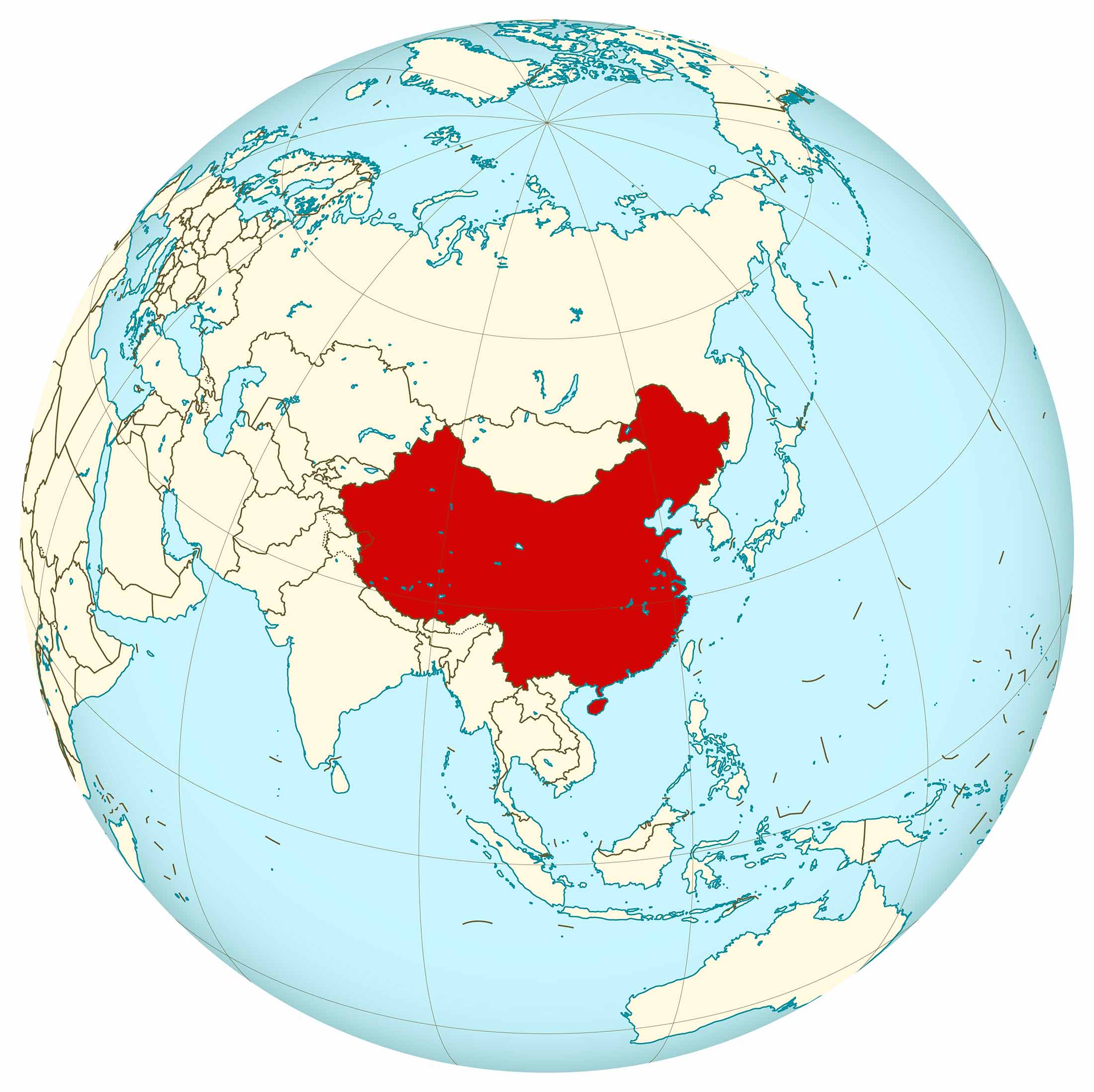
This global perspective places China in the context of world geography, illustrating its location, size, and global significance.
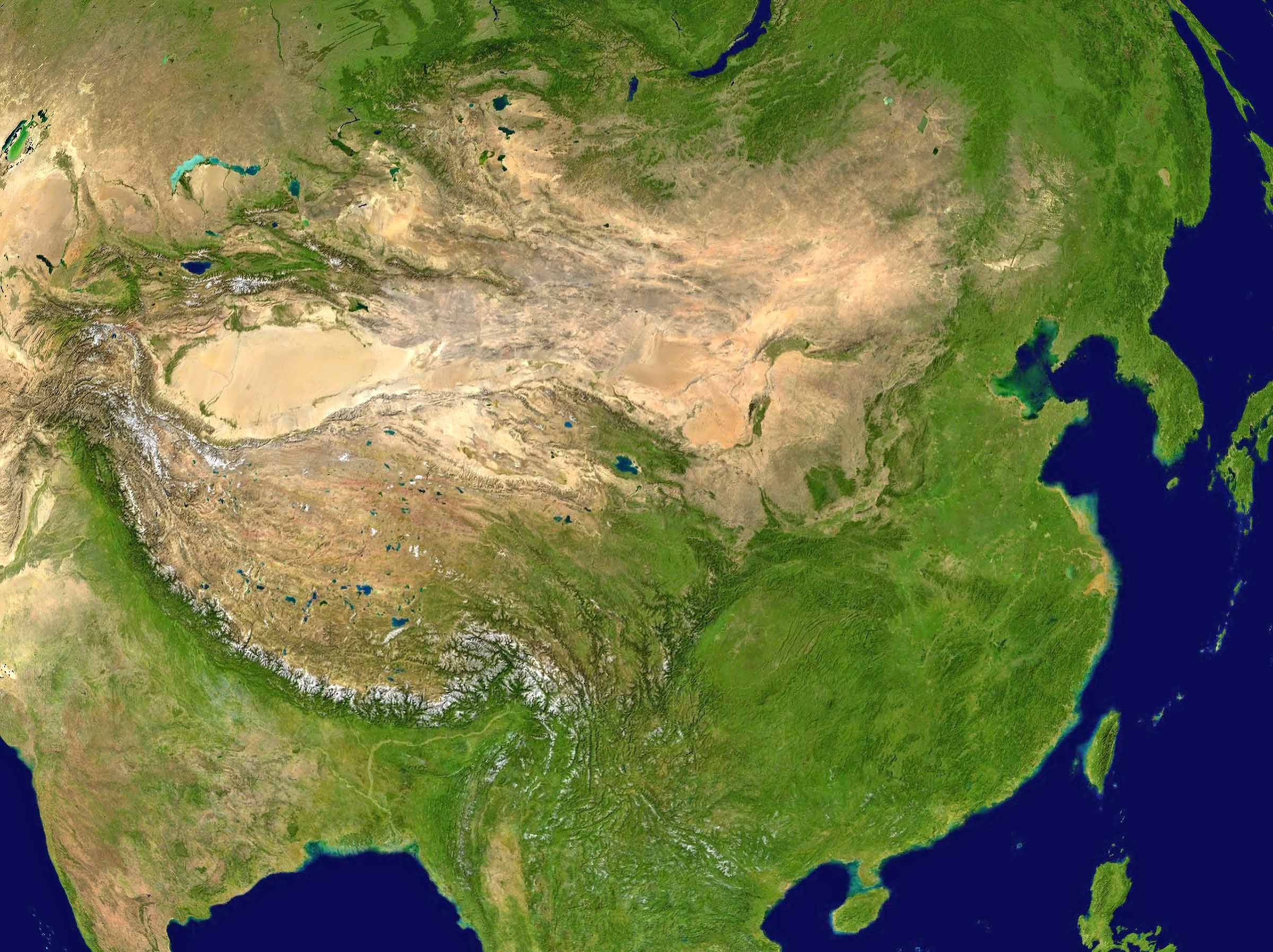
Satellite maps provide a real-time or near-real-time view of China from space, showing weather patterns, urban development, and natural landscapes.
Our map-based exploration of China has come to an end, and it's been an enlightening journey. Through each map type, from the detailed urban grids to the broad sweep of satellite images, we've gained a deeper understanding of China's geographical diversity, cultural richness, and historical depth. These maps have not only illustrated the country's physical features but also painted a picture of its evolving story on the global stage. Thank you for joining us on this cartographic adventure, and we hope it has inspired you to further explore and appreciate the multifaceted nation that is China. Until our next geographical exploration, keep discovering and learning!
Copyright istanbul-city-guide.com - 2004 - 2025. All rights reserved. Privacy Policy | Disclaimer